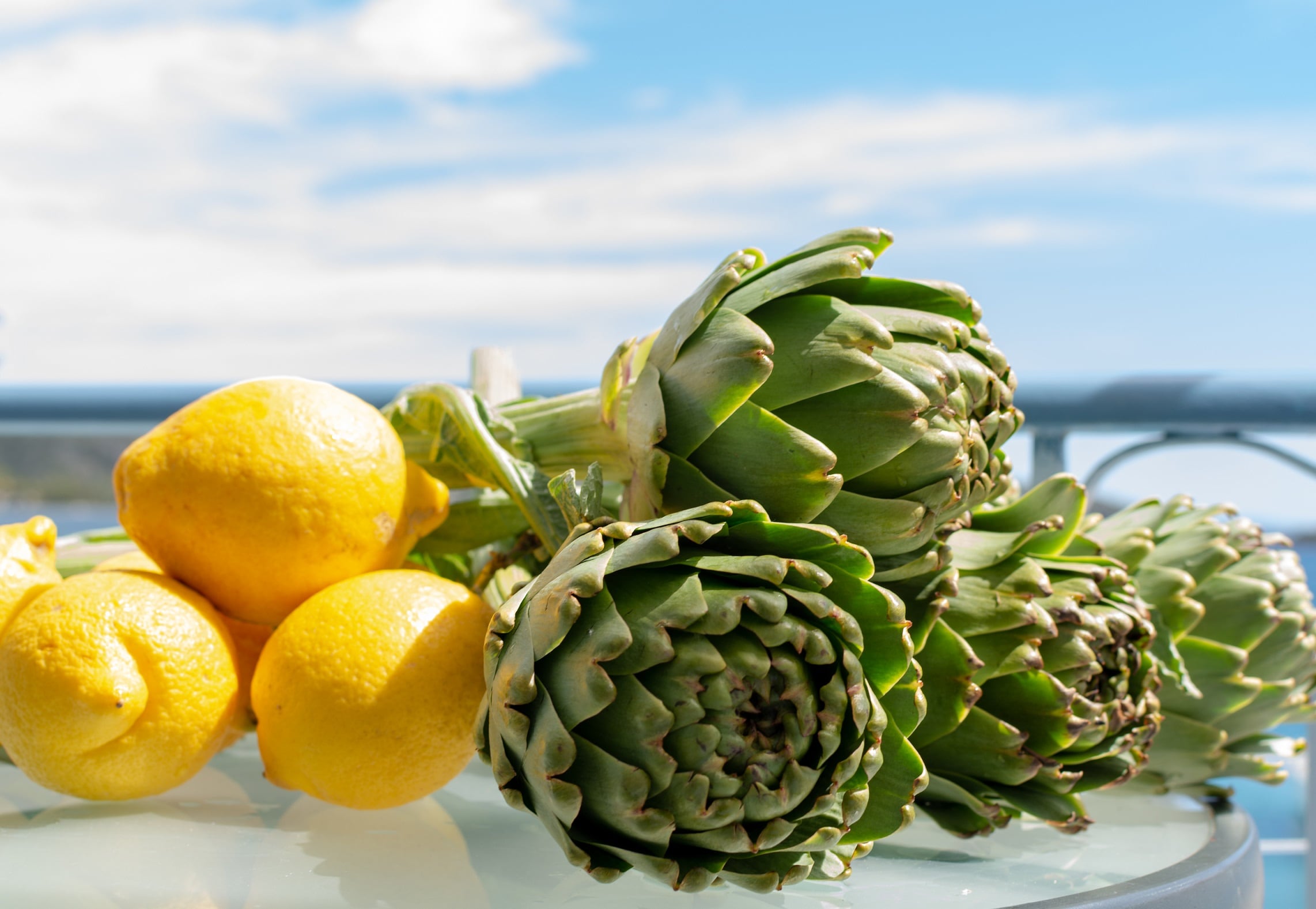Non-alcoholic fatty liver disease (NAFLD) is becoming the leading cause of liver damage in Western countries. Several studies have shown that inflammatory markers, such as Tumor Necrosis Factor alpha (TNF-α) and other cytokines, play an important role in the pathogenesis of the NAFLD. Key mediators of the disease include Oxidative stress, obesity and obesity-related metabolic disorders.
There are currently no approved drugs to treat patients with fatty liver disease but many dietary natural compounds have been proposed as promising agents. Bergamot (Citrus bergamia Risso et Poiteau) flavonoids have been shown to stimulate lipophagy and prevent pathogenic fat accumulation in diet-induced NAFLD rats.
Wild cardoon (Cynara cardunculus L., the wild ancestor of the globe artichoke) extracts are rich in sesquiterpenes such as cynaropicrin, which have been shown to possess significant choleretic proprieties thereby improving liver function.
In a new randomised clinical trial of non-diabetic subjects, researchers from University Magna Grecia, Catanzaro, Italy, tested a new nutraceutical (DolCas Biotech's Bergacyn FF) containing natural bioactive components from Bergamot and wild Cardoon, as a treatment for patients with liver steatosis.
A total of 102 mildly hypercholesterolemic patients, age 35-70 and with liver steatosis, were enrolled in a double-blind, placebo controlled clinical trial and randomised to receive 600 mg/d of either Bergacyn FF or a maltodextrin-based placebo.
As dietary changes and resultant weight loss are known to contribute to liver-fat regression, overweight and obese subjects in both groups were assigned the task of reducing their intake by 400-500 calories per day.
Results of the study, completed by 86 subjects, revealed that liver fat accumulation was reduced by 9% (p< 0.05) over the placebo group.
The results, published in the journal Frontiers in Endocrinology, also suggest that Bergacyn FF produced a significant positive factor in its potential to regress the progression of fatty liver. Most notably, in those subjects over 50, the reduction in liver fat was at 15% (p<0.05) greater than the placebo and was attributed solely to Bergacyn FF, and not the dietary changes.
Subgroup analyses showed that Bergacyn FF produced more profound benefits over placebo not only for subjects older than 50, but for women and overweight/obese persons having an android “apple” shape phenotype.
“An unexpected outcome of the study was Bergacyn’s impact on weight loss,” said Dr. Shavon Jackson-Michel, Director of Medical & Scientific Affairs of DolCas Biotech.
“The absolute difference made by Bergacyn FF for body weight reductions over placebo was approximately 4 lbs. The total weight loss in the Bergacyn FF group over 12 weeks fell just under 10 lbs. The new research supports the traditional wisdom of botanical synergism and how standardised ingredient formulations could be the best way forward for multifactorial processes such as NAFL.”
Dolcas Biotech describes the product as a 'clean-label powerhouse'.
It states: "Bergamot fibers at 50% concentration round out the unique profile of bergamot polyphenols and artichoke sesquiterpenes, (including cynaropicrin) in their ability to target fat accumulation in the liver and control the inflammatory process that results from its infiltration.
"Bergacyn FF, is a clean-label powerhouse blend of botanical extracts derived from the Italian bergamot citrus fruit (Citrus bergamia) and the wild Italian artichoke thistle leaf (Cynara cardunculus sylvestris)."
Source: Frontiers in Endocrinology
Pujia. A., et al
"Randomized Clinical Trial: Bergamot Citrus and Wild Cardoon Reduce Liver Steatosis and Body Weight in Non-diabetic Individuals Aged Over 50 Years"


